TL;DR
- Exceptional leadership can shape nations and inspire generations, as demonstrated by four prominent American leaders.
- Each leader had a unique approach: George Washington with strategic thinking, Abraham Lincoln with empathy and decision-making, Martin Luther King Jr. with nonviolent resistance, and Eleanor Roosevelt with advocacy.
- Despite different contexts, these leaders shared common traits like integrity, commitment to justice, and the ability to inspire others.
- Their contributions were pivotal in American history, from its founding (Washington) to the civil rights movement (King).
- Studying these leaders’ styles offers valuable lessons for contemporary leaders and inspires progress toward a more inclusive and just society.
Leadership is a quality that has the potential to shape nations and inspire generations. Throughout history, there have been remarkable individuals who have left an indelible mark on the world through their leadership. In the context of American history, there are four figures whose names resonate with notions of independence, courage, and visionary leadership. Today, we will explore the lives and legacies of George Washington, Abraham Lincoln, Martin Luther King Jr., and Eleanor Roosevelt and dive into how they exemplified leadership, inspired independence, and changed the course of American history.
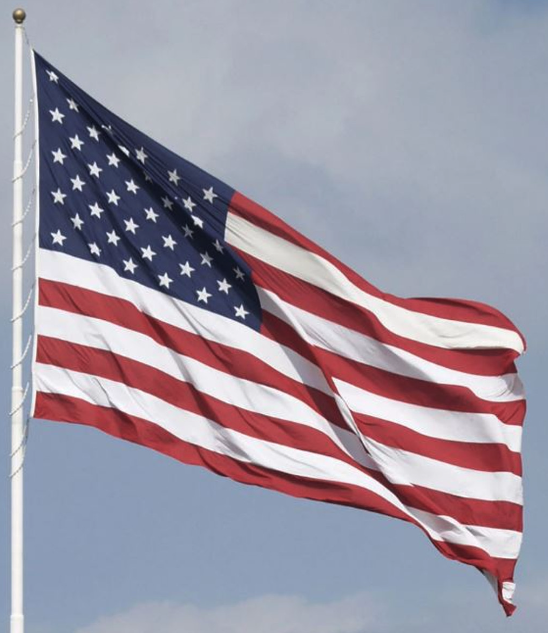
George Washington: Leading a Nation
George Washington, the first President of the United States, played a pivotal role in the birth of a nation and the establishment of its values. Washington’s leadership during the American Revolutionary War was instrumental in securing independence from British rule. He demonstrated unwavering determination, strategic thinking, and resilience in the face of countless challenges. Washington’s ability to inspire and unite people under a common cause set a precedent for future leaders. He understood the significance of selfless service, fostering trust, and leading by example. Washington’s leadership principles of integrity, humility, and commitment to the greater good continue to inspire leaders worldwide.
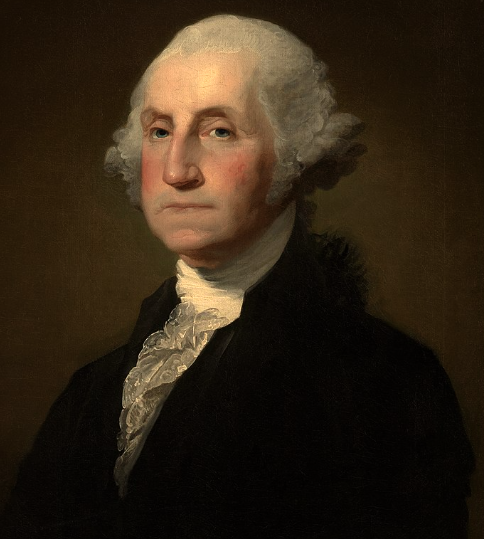
Abraham Lincoln: Uniting a Divided Nation
Abraham Lincoln, the 16th President of the United States, is best known for his leadership during the American Civil War and his unwavering commitment to the abolition of slavery. Lincoln’s leadership style was characterized by his ability to listen, empathize, and make difficult decisions for the betterment of the nation. He possessed exceptional communication skills and the power to inspire through his eloquent speeches, such as the Gettysburg Address. Lincoln’s leadership legacy lies in his belief in the inherent equality of all people and his unwavering commitment to justice and freedom. His visionary leadership during a tumultuous time in American history paved the way for a more inclusive and united nation.
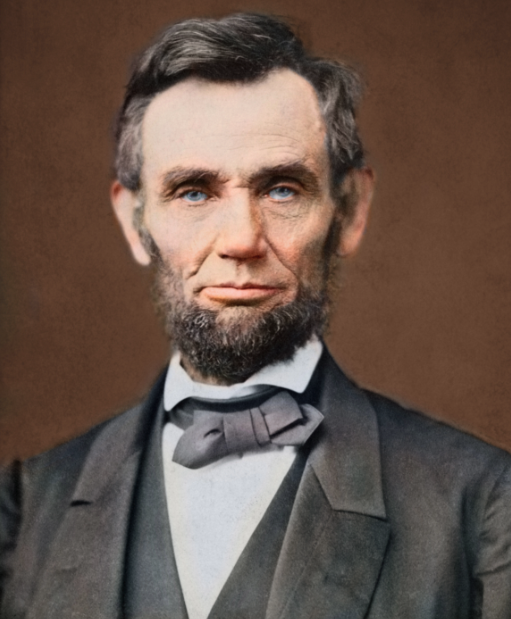
Martin Luther King Jr.: A Voice for Equality
Martin Luther King Jr., a prominent leader in the American Civil Rights Movement, dedicated his life to fighting racial inequality and promoting equal rights for all Americans. King’s leadership was characterized by his philosophy of nonviolent resistance and his powerful oratory skills. He advocated for peaceful protests and inspired millions with his iconic “I Have a Dream” speech. King’s leadership principles of inclusivity, justice, and equality continue to resonate today. His unwavering commitment to social justice and his ability to mobilize a movement led to significant legislative and societal changes, including the passage of the Civil Rights Act of 1964 and the Voting Rights Act of 1965.
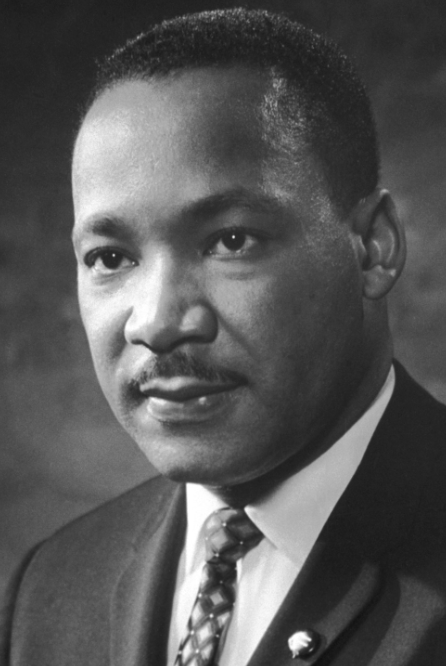
Eleanor Roosevelt: Championing Human Rights
Eleanor Roosevelt, the wife of President Franklin D. Roosevelt, was a trailblazing leader and a champion of human rights. She redefined the role of the First Lady by actively engaging in political and social issues. Roosevelt’s leadership was marked by her tireless advocacy for marginalized communities, including women, racial minorities, and the economically disadvantaged. She played a key role in drafting the Universal Declaration of Human Rights and became a driving force behind its adoption by the United Nations. Roosevelt’s leadership principles of empathy, inclusivity, and the pursuit of justice inspired millions around the world. Her unwavering commitment to human rights continues to resonate as a powerful example of compassionate leadership and the power of one individual to make a lasting impact.
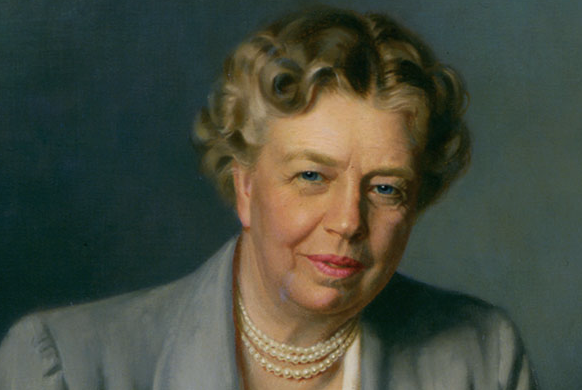
Conclusion
The leadership legacies of George Washington, Abraham Lincoln, Martin Luther King Jr. and Eleanor Roosevelt continue to inspire generations and serve as guiding lights in the pursuit of independence and social progress. These historical figures exemplified the power of leadership through their unwavering commitment, visionary thinking, and the ability to mobilize people toward a common goal. Their stories teach us valuable lessons about resilience, courage, and the importance of standing up for what is right. By studying their leadership styles and principles, we can learn from their successes and challenges, and continue to strive for a more inclusive, just, and independent society. May their remarkable contributions to American history serve as a constant reminder of the transformative impact that strong leadership can have on shaping a nation and inspiring future generations.
Resources on Historical American Leaders
Here is my Amazon list of Historical American Leaders resources!


